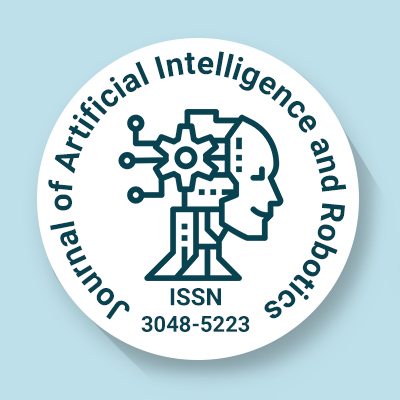
Journal of Artificial Intelligence and Robotics
OPEN ACCESS

OPEN ACCESS
.jpg)
Department of Computer Science and Engineering, Dayananda Sagar University, Bengaluru, India
Mental disorders, especially stress, are on the rise among university students, negatively impacting academic achievement, wellbeing, and long-term health. The present research puts forward a data-driven, non-invasive mental stress detection system through a Random Forest Classifier based on self-reported questionnaire responses. The dataset included answers from students at universities on different academic, behavioral, and emotional stress indicators. The model was trained and tested using an 80:20 train-test split after preprocessing and feature selection. The Random Forest Classifier obtained an accuracy of 91.3%, precision of 89.7%, recall of 90.5%, and F1-score of 90.1%, performing better compared to other models like Support Vector Machine and Logistic Regression. Feature importance analysis revealed academic workload, sleep deprivation, emotional instability, and perceived lack of social support as the most important predictors of stress. The results show the potential of machine learning algorithms to facilitate scalable, real-time, and non-invasive stress detection. This system provides a valuable tool for mental health monitoring in educational institutions and may facilitate timely interventions to enhance student well-being. Future research will center on model generalization to a variety of student populations and on coupling with real-time digital technologies.
Department of Computer Science and Engineering, Dayananda Sagar University, Bengaluru, India